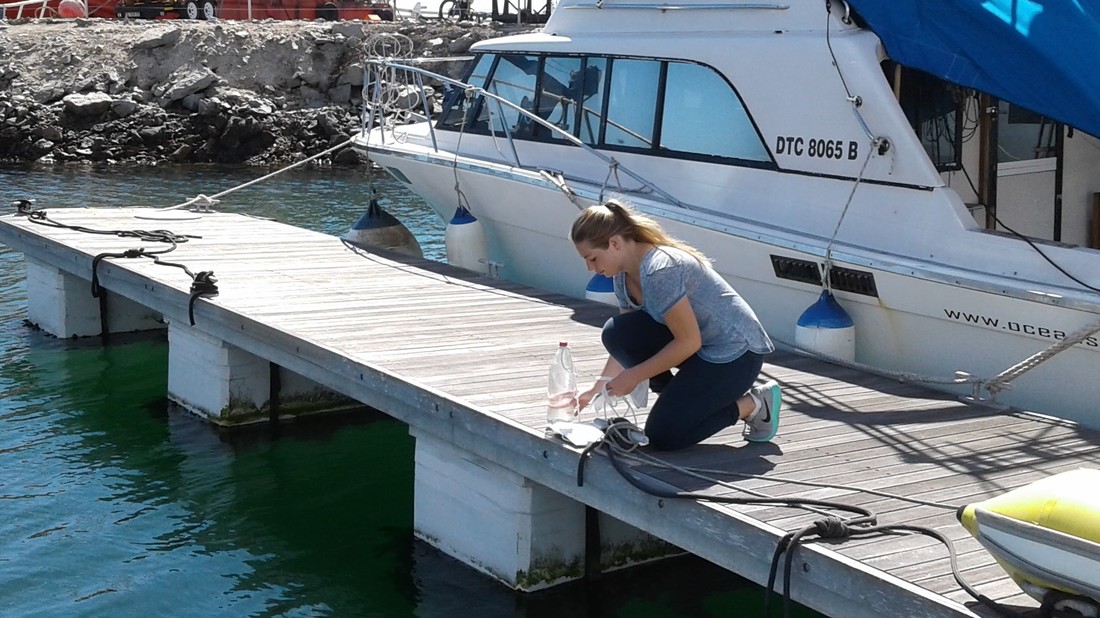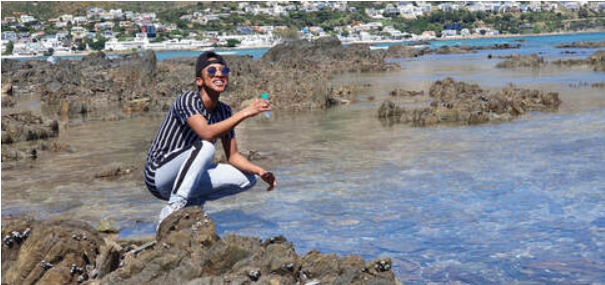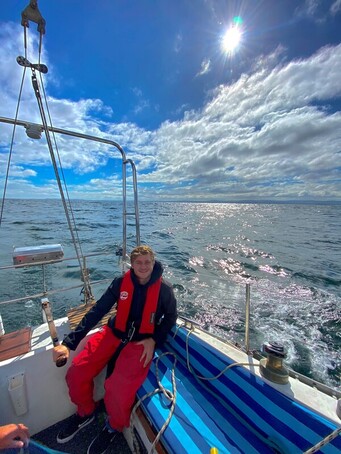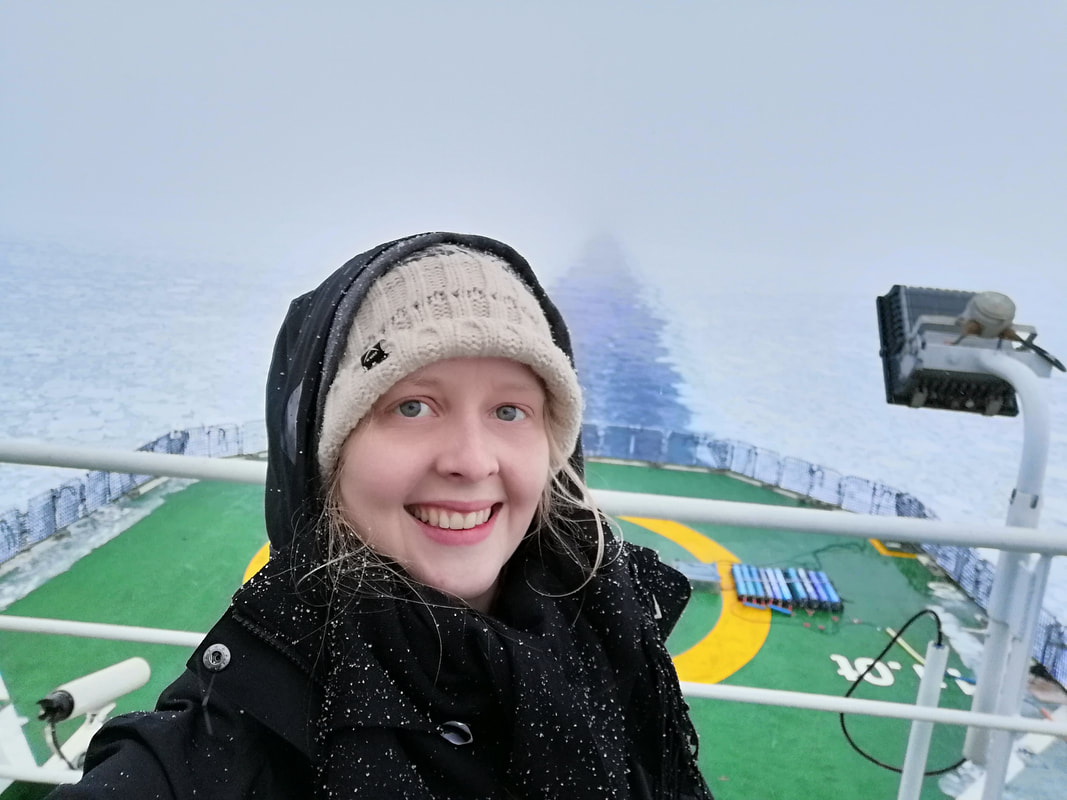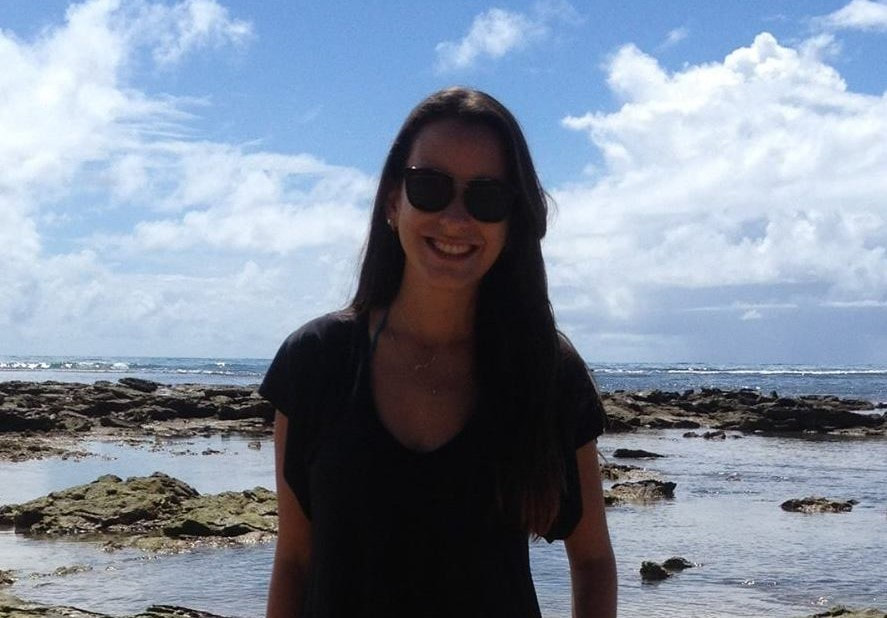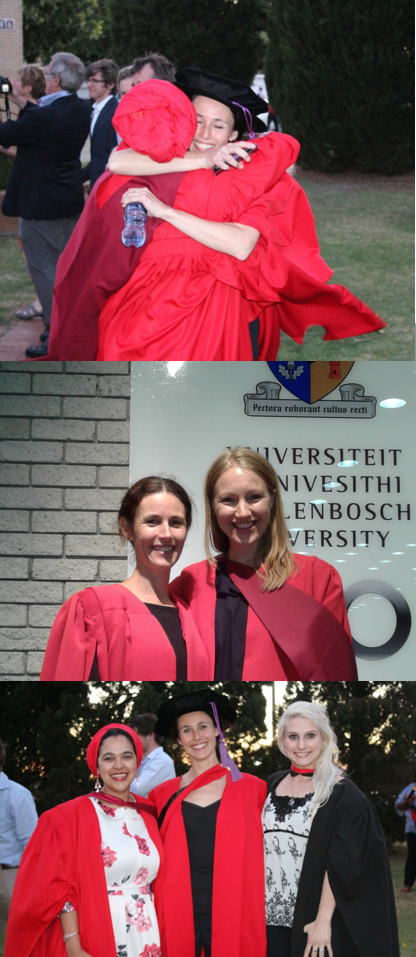PhD Students
|
Nicole Voster
This project considers the interaction between our changing climate and invasions. Nicole is working with the native predatory whelk Trochia cingulata and investigating how predicted changes in sea temperature and pH may alter its prey selection. This is an interesting system to work on as two of the main prey species are alien mussels. |
|
Phikolomzi Matikinca
Phikolomzi’s PhD research focuses on the potential implications of ocean warming and ocean acidification for alien fouling biota. This work explores the interactions between two major global environmental drivers – climate change and biological invasions in the marine context. Through a combination of field work and laboratory experiments, this project will establish a baseline for pH in the marinas along the South African coast, then use alien Ascidians as a model group to explore the effect of ocean warming and acidification on species growth and survival. |
MSc Students
|
Thierry Bassett
In this exciting project Thierry will be considering the effects of ocean acidification and altered temperature on cultured oysters in Saldanha Bay. This work follows from findings that Saldanha Bay experiences notably acidic conditions in winter. This has raised questions about potential impacts on survival, growth and shell characteristics of the oysters. |
Honours Students
Visiting students
|
Marina Lopes Bueno
Marina is a PhD student from the Federal University of Lavras, Brazil, and she is spending nine months visiting the Robinson lab. Marina's research aims to understand what regulates the invasion process of fish in watersheds, as well as to quantify the impacts that these species can cause in the receiving environments. She is using an extensive database of 194 alien freshwater fish that have been introduced to Brazil. In addition, Marina focusing in on the guppy Poecilia reticulata and assessing its impacts on native communities. |
Graduates
|
PhD
Dr Lisa Skein Dr Clova Mabin Dr Koebraa Peters Dr Saachi Sadchatheeswarn MSc Melissa Bezuidenhout Katie Keanly Cher Swart Robyn Adams Cleo Schroeder Ben Brooker Hayley Pope Brendan Hagenga Koebraa Peters MPhil Prideel Majiedt Karen Barnard Recent Honours Megan Maroen Matthew Orolowitz Delene Bezhuidenhout Monique Laubscher Marlene van der Merwe Hannah Raven |

